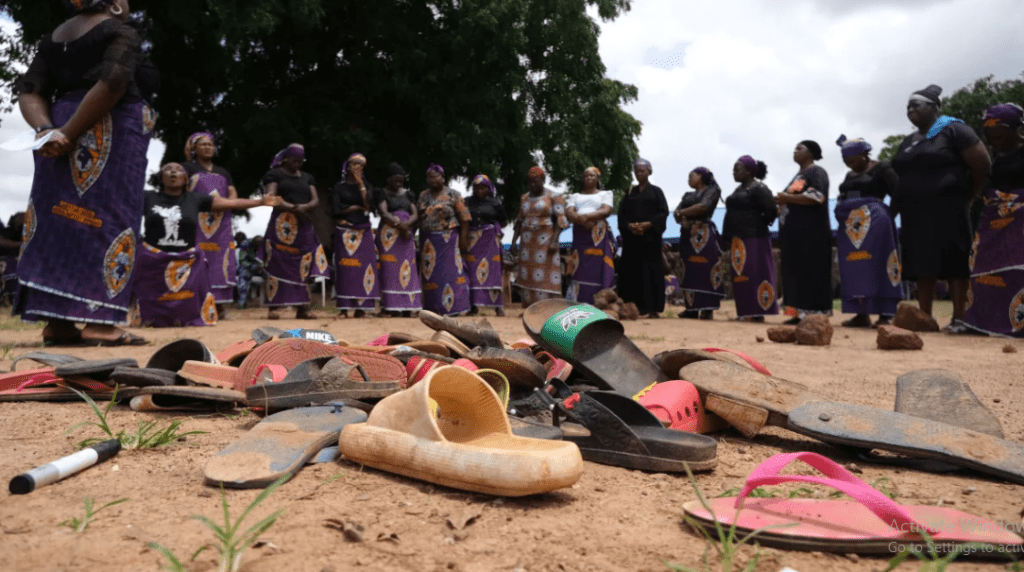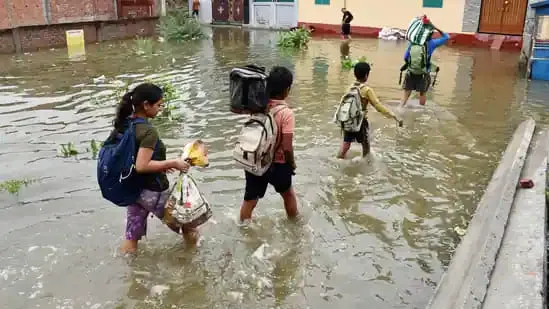At least 10 students were abducted by gunmen in northwest Nigeria, according to authorities. The abductions occurred on Monday, involving students from the Government Secondary School in Kaduna state. However, the exact location of the kidnapping remains unclear, as officials are still waiting for detailed reports to determine whether the incident took place within the school premises or elsewhere, according to Samuel Aruwan, the state commissioner of security.
Abductions of students from schools in northern Nigeria have become alarmingly frequent, particularly since the infamous 2014 kidnapping of over 200 schoolgirls by Islamic extremists in Borno state. In 2020 and 2021 alone, more than 1,000 students were kidnapped from schools across the northwest and north-central regions, as reported by the United Nations last year.
Authorities attribute these abductions to armed groups that frequently target remote communities. Many of the gunmen are believed to be young men from the Fulani ethnic group, a predominantly Muslim group of semi-nomadic herders who have been involved in long-standing conflicts with other communities over access to land and water.
Although attacks decreased last year due to intensified military operations by Nigeria’s security forces targeting the hideouts of these gunmen, the government continues to struggle to fully quell the insurgency.
The ongoing situation in Nigeria highlights the persistent challenges faced by the government and security forces in addressing the issue of student abductions and broader security concerns in the region. Despite some progress in reducing attacks through military interventions, the underlying causes of the violence—such as conflicts over resources, poverty, and a lack of opportunities—remain unresolved, contributing to the ongoing instability.
The kidnapping of students has not only caused immense suffering for the victims and their families but has also disrupted the education system in the affected areas. Schools in northern Nigeria have become increasingly vulnerable, with parents fearing for the safety of their children. In response, some schools have been forced to close or relocate to safer areas, further limiting access to education for many students.
The Nigerian government has faced criticism for its handling of the situation, with many calling for stronger measures to protect schools and ensure the safety of students. International organizations and local groups have also urged the government to address the root causes of the violence, including the need for better economic opportunities and conflict resolution mechanisms.
In the meantime, communities in northern Nigeria continue to live in fear, uncertain of when the next attack might occur. The recent abduction of students in Kaduna state serves as a grim reminder of the ongoing security challenges in the region, underscoring the need for sustained efforts to bring peace and stability to the area.























